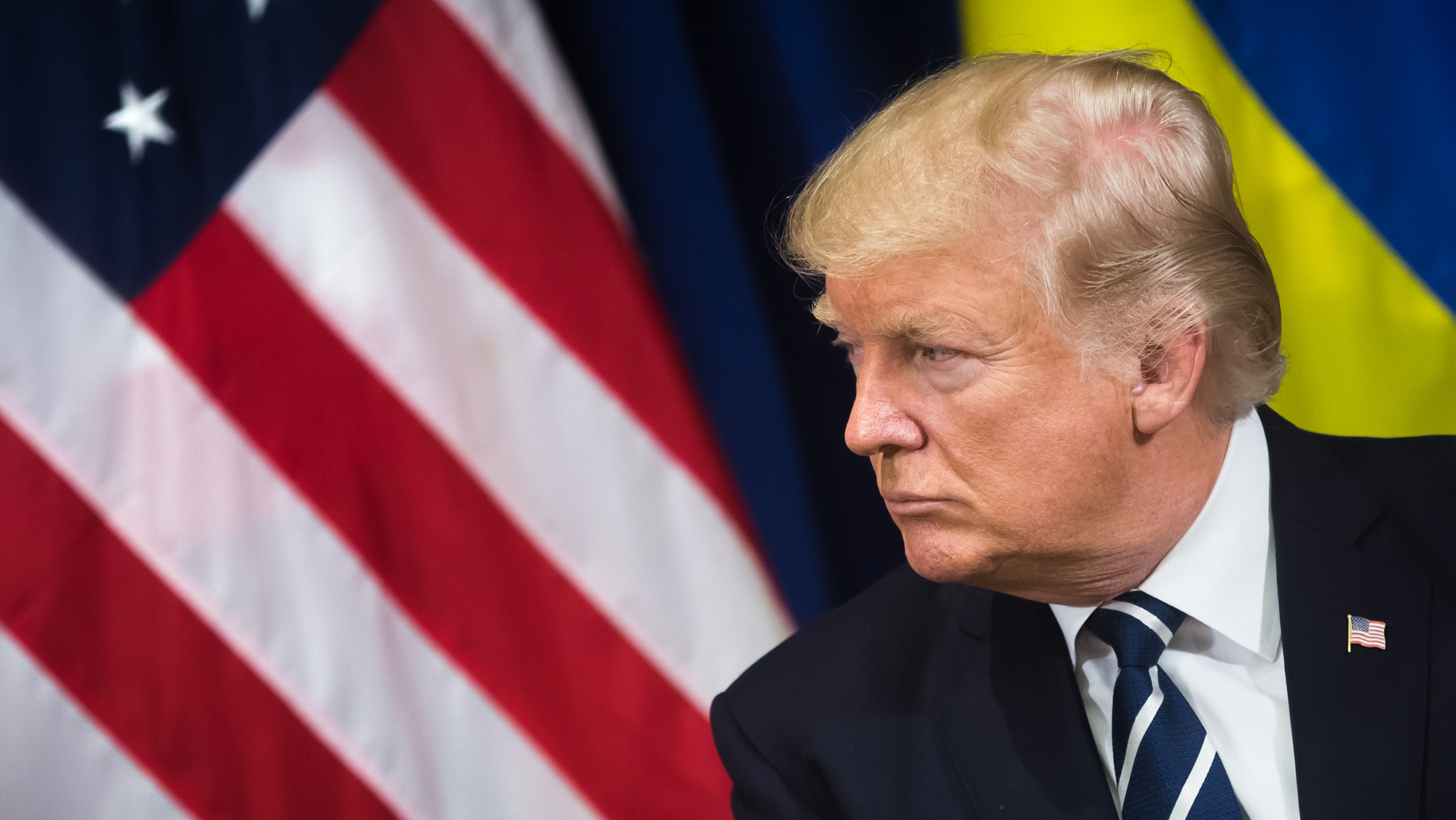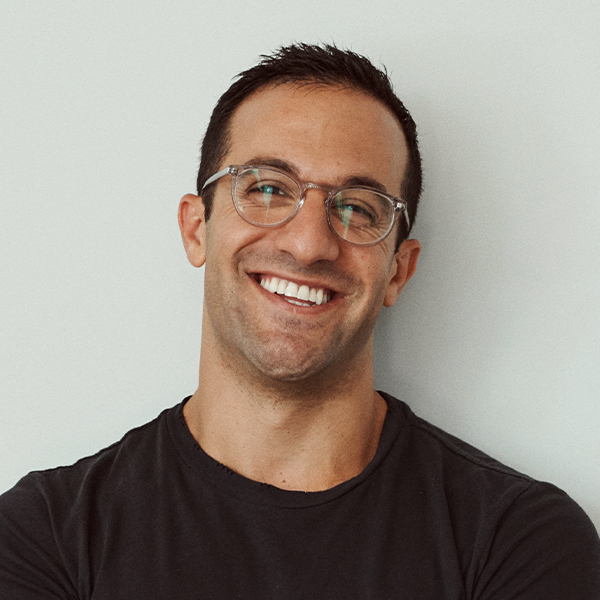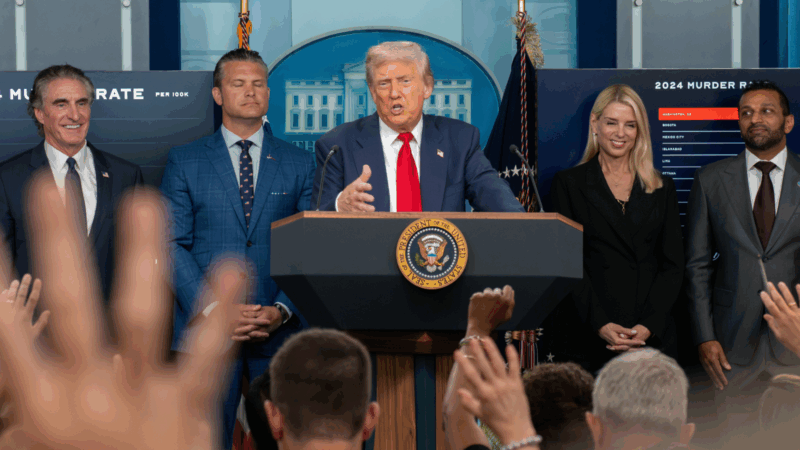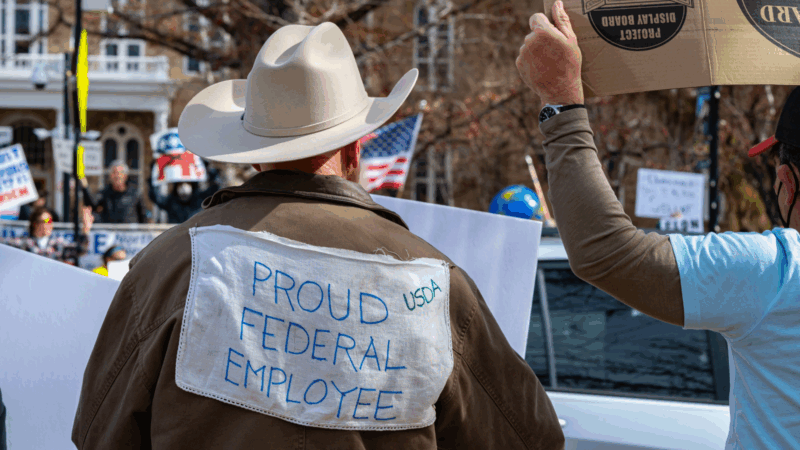Amanda Carpenter is a writer and editor at Protect Democracy. She was previously a writer at The Bulwark, a CNN contributor, communications director to Sen. Ted Cruz, and speechwriter for Sen. Jim DeMint.
Understanding Trump’s pardon abuses
- November 29, 2023
He created a new class of “henchmen pardons”

A recent New York Times investigative story provides an important case study about how former President Donald Trump flagrantly abused his executive clemency powers, pioneering new heights of pardon abuses that are still, years after he left office, being unearthed by the press.
By commuting Jonathan Braun’s 10-year sentence, Trump undercut a broader Department of Justice investigation into a predatory lending ring in which they negotiated with Braun about becoming a witness. Braun’s family reportedly told confidants they would pay “millions” to free him and successfully leveraged connections with Trump’s son-in-law, Jared Kushner, as well as Trump ally and lawyer Alan Dershowitz, to secure his release. As the New York Times describes, the Trump White House also did not appear to take allegations of violence into consideration. Prosecutors “instantly lost their leverage” once the pardon was made.
Although presidential pardons are often controversial, Trump created an entirely new class: what Protect Democracy categorizes as “henchmen pardons.” While many acts of clemency from Trump, like the Braun pardon, displayed elements of favoritism, corruption, or general comfort with the crimes committed, the most objectionable not only benefited his self-interest but also created a license for future law-breaking.
During the Trump presidency, we saw three types of henchmen pardons:
- Self-protective pardons: Trump dangled pardons for associates implicated in Special Counsel Robert Mueller’s investigation into the Trump campaign’s contacts with Russia, notably former campaign manager Paul Manafort and his former National Security Advisor Michael Flynn, providing an incentive for them not to cooperate with the Mueller investigation into Trump and his 2016 campaign. Both were indicted, in Manafort’s case sentenced to years in jail, and later pardoned.
- Pardons to reward illegal political activity that accrued to his benefit: Trump pardoned 2000 Mules filmmaker and vocal ally Dinesh D’Souza, who pled guilty to using straw donors to make illegal campaign donations to a Republican Senate candidate. Trump strategist Steve Bannon was charged with defrauding donors who gave money to build a border wall; Trump pardoned him before his trial began.
- Pardons that license violence: Trump pardoned four Blackwater contractors convicted of massacring 17 Iraqi civilians, including two children, and two Army officers accused of war crimes in Afghanistan. Trump defended his leniency for war criminals with a social post mocking the military justice system: “We train our boys to be killing machines, then prosecute them when they kill!”
If re-elected, Trump has promised to pardon the January 6 rioters. Should those pardons be granted, Trump will not only effectively nullify the Department of Justice’s investigation into the January 6th insurrection — the most extensive criminal probe in U.S. history — but also vindicate political violence as a method for claiming power.
Henchmen pardons serve a specific, autocratic purpose: not to temper justice with mercy, as the Framers intended of the pardon power; but to reward criminality. Authoritarianism requires destabilizing the rule of law, placing certain leaders, and their supporters, above it. Trump wielded the pardon power as a potent tool to do so.
Given Trump’s history, he will likely continue to wield pardons for even more autocratic purposes if he makes a return to the White House. Dangling pardons as an incentive to prevent witnesses from testifying against him is one road-tested tactic. Should Trump be convicted of a federal offense before taking office, he may also act on his claim that “I have the absolute right to PARDON myself” — placing not just his henchmen, but also himself, above the law.
Beyond declining to elect candidates who will abuse pardons to advance their own self-interests, each branch of government has a role to play in preventing or responding to abuses.
- First, Congress enjoys the constitutional prerogative to conduct oversight of the pardon power and its potential abuse. Congress should pass legislation that strengthens its ability to do so, improving mechanisms for obtaining information related to presidential pardons during investigations — such as those included in the Abuse of Pardon Prevention Act.
- Second, despite Trump’s claim that the president’s pardon power is “complete,” federal courts have long placed limits on that power when it threatens other constitutional provisions and principles — in cases dating back to the 19th century — and could be called upon to do so again.
- Third, the Executive Branch itself also maintains a role in investigating and prosecuting potential criminal abuses of the pardon power. Pardons that may function as bribes or to obstruct justice in violation of federal criminal statutes have previously been the subject of Department of Justice investigations, and could again be in the future.
Finally, the public also has a role to play in deterring abuse. As evidenced by The New York Times reporting of the Braun pardon published last weekend, much remains to be learned about how Trump ignored traditional constraints in wielding the pardon power and for what purposes. Trump’s use of henchmen pardons to advance his own interests may not have been broadly understood at the time they were granted, but should be central to the discussion regarding how he may use them if re-elected as president. Creating more visibility into this class of pardons and their corruptive influence is critical to increasing their political cost and deterring their use.
To learn more, see Protect Democracy’s work related to preventing and deterring unlawful pardons here.
Related Content
Join Us.
Building a stronger, more resilient democracy is possible, but we can’t do it alone. Become part of the fight today.
Donate
Sign Up for Updates Sign Up for Updates
Explore Careers Explore Careers
How to Protect Democracy How to Protect Democracy




